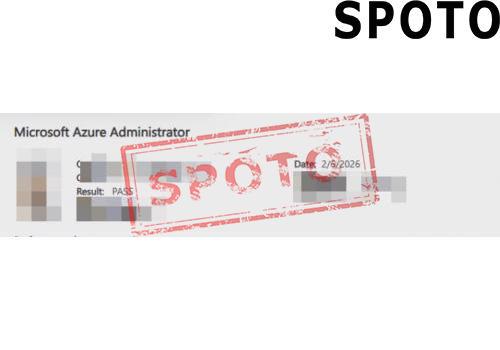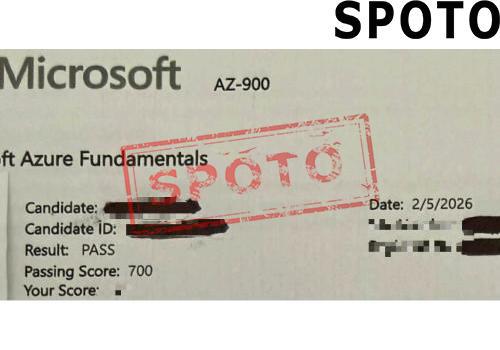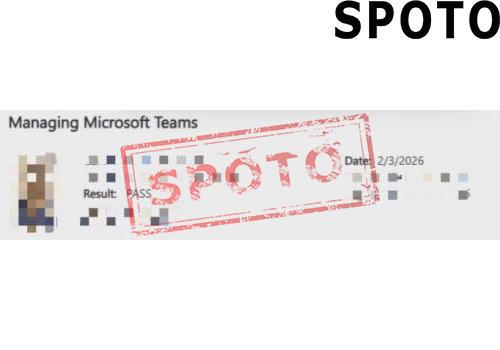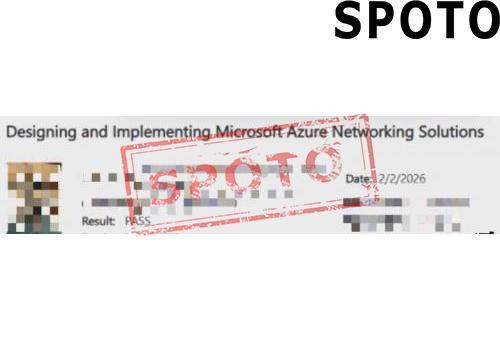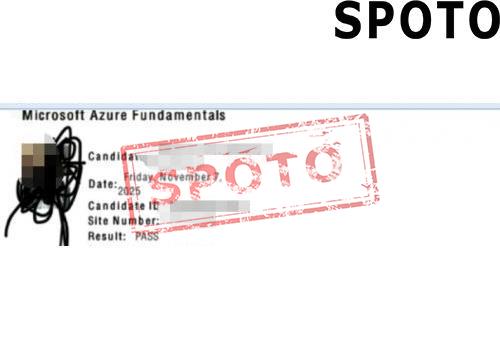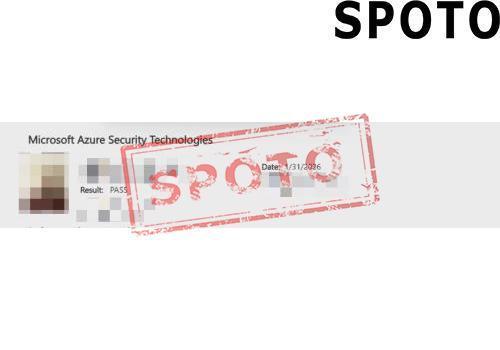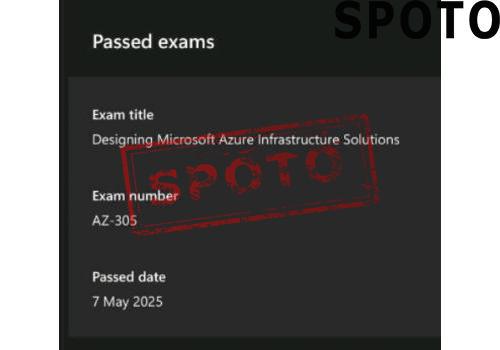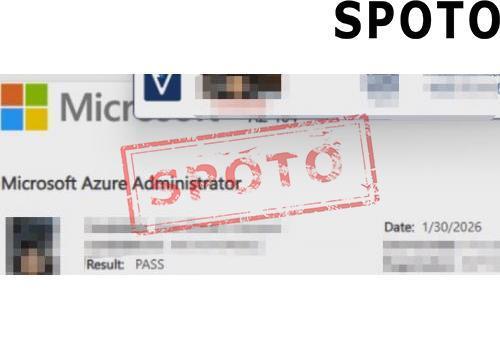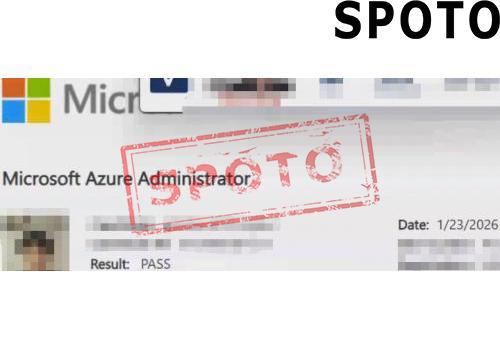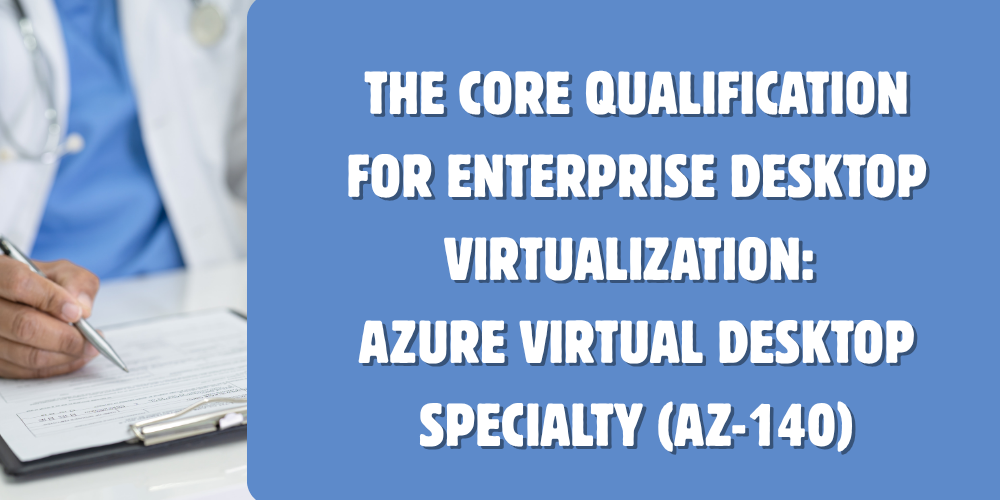
Table of Contents
- 1. Introduction to the Microsoft Azure Virtual Desktop Specialty certification
- 2. The Competitive Edge of an AZ-140 Certification
- 3. Core Components of the Microsoft Azure Virtual Desktop Specialty Certification
- 4. What are the requirements to be a Microsoft Azure Virtual Desktop Specialty?
- 5. Comparable Certifications to Microsoft Azure Virtual Desktop Specialty Certification
AZ-140 certification is a core qualification for enterprises that provide reliable cloud desktop solutions to achieve efficient remote work and desktop virtualization.
1. Introduction to the Microsoft Azure Virtual Desktop Specialty certification
Microsoft Azure Virtual Desktop Specialty (AZ-140) Certification is a professional level certification launched by Microsoft, aimed at verifying candidates' core abilities and maintaining Microsoft Azure Virtual Desktop (AVD) environments.
The AZ-140 certification focuses on the full lifecycle management of Azure virtual desktops, including key areas. It is the core qualification for enterprises to achieve efficient remote work and desktop virtualization.
Azure Virtual Desktop (AVD) is Microsoft's desktop as a service (DaaS) solution based on Azure cloud, allowing users to access Windows desktops and applications on demand through the cloud. It supports efficient delivery of multi session Windows 10/11, Office 365 ProPlus, and custom applications.
The core of AZ-140 certification is to cultivate professional talents who can transform business requirements into secure, stable, and scalable AVD architecture, and solve practical problems for enterprises in remote work, cross platform access, resource optimization, and other scenarios.
Practitioners certified with AZ-140 are able to design highly available AVD architectures to ensure fault transfer and load balancing in multi-regional deployments; Configure Azure Active Directory (Azure AD) and conditional access policies to ensure user identity security; Integrating FSLogix technology to achieve seamless roaming of user profiles and enhance the end-user experience; Utilize Azure Monitor and Log Analytics to monitor AVD performance, quickly identify and resolve performance bottlenecks.
2. The Competitive Edge of an AZ-140 Certification
The AZ-140 exam covers advanced configurations of AVD, and certification can prove that practitioners have the ability to solve complex technical problems, paving the way for promotion to architects or technical experts.
Holders of AZ-140 certification can receive official technical support from Microsoft, have priority participation in the AVD Technology Preview Program, and join the global Azure community to access the latest industry solutions and best practices.
3. Core Components of the Microsoft Azure Virtual Desktop Specialty Certification
For IT professionals who specialize in desktop virtualization and modern workspace solutions, AZ-140 certification is a highly targeted advanced specialized certification. It marks that you are no longer just an ordinary server administrator, but have the expert level ability to design, deploy, manage, and optimize Microsoft Azure Virtual Desktop services in the enterprise.
The AZ-140 certification focuses deeply on the core service of AVD, requiring you to master the full lifecycle management from underlying infrastructure to upper level user experience, and to integrate the best practices of security, cost, and performance throughout.
Planning and implementing AVD infrastructure is the cornerstone of certification and also the highest weighted part of the exam. You need to have a deep understanding of the logical architecture of AVD, including the design and association of host pools, application groups, and workspaces. You will learn how to plan and configure Azure network and storage to support the low latency and high-performance requirements of remote desktop protocols.
In virtual desktop environments, security is of paramount importance. This module requires you to be proficient in how to use Azure Active Directory's conditional access and multi-factor authentication to protect user login and strictly implement the principle of minimum privilege. You need to master how to encrypt user profiles and operating system disks, and understand how to use Azure's security and compliance tools to meet industry regulatory requirements, building an unbreakable security line from identity to data.
The user environment and application management module are directly related to the productivity and experience of end users. You will learn how to configure FSLogix to achieve efficient profile roaming, ensuring that users receive a consistent personalized environment in any session. At the same time, you need to master how to publish applications through RemoteApp and Application Groups, and understand how to optimize storage performance and configure GPU acceleration to provide excellent user experience for graphics intensive or high IO demanding applications.
Excellent operation and maintenance capabilities are the key to ensuring service quality. You need to be proficient in using Azure Monitor and Log Analytics to gain insights into the health status, performance metrics, and user login issues of the environment. In addition, certification requires you to have the ability to achieve operational automation through Azure Automation and PowerShell.
In summary, obtaining AZ-140 certification not only demonstrates your practical ability to successfully migrate and modernize traditional desktop environments to the cloud, but also showcases your professional value as an expert in the AVD field to employers and clients. It is a crucial step on the path to professionalization in modern desktop management.
4. What are the requirements to be a Microsoft Azure Virtual Desktop Specialty?
(1) Qualification prerequisites:
Before taking the AZ-140 exam, it is recommended that you have 6-12 months of Azure management experience and be familiar with basic services such as Azure virtual networking, storage, and computing.
Can have a preliminary understanding of system management for Windows Server and Windows 10/11.
(2) Training and examinations:
The AZ-140 certification requires approximately 40-60 questions, including multiple-choice questions and case analysis questions. The exam lasts for 180 minutes. Full score of 1000, pass with 700 points or above.
The exam fees vary by region, ranging from approximately $165 to $200.
(3) Qualification maintenance:
The AZ-140 certificate is valid for 3 years and requires passing a recertification exam or obtaining a higher-level certification to continue its validity.
5. Comparable Certifications to Microsoft Azure Virtual Desktop Specialty Certification
- VMware Certified Professional – Desktop and Mobility (VCP-DTM)
- VMware Horizon 8: Deploy and Manage Certification
- Citrix Certified Professional – Virtualization (CCP-V)
- AWS Certified Cloud Practitioner (CLF-C02)
